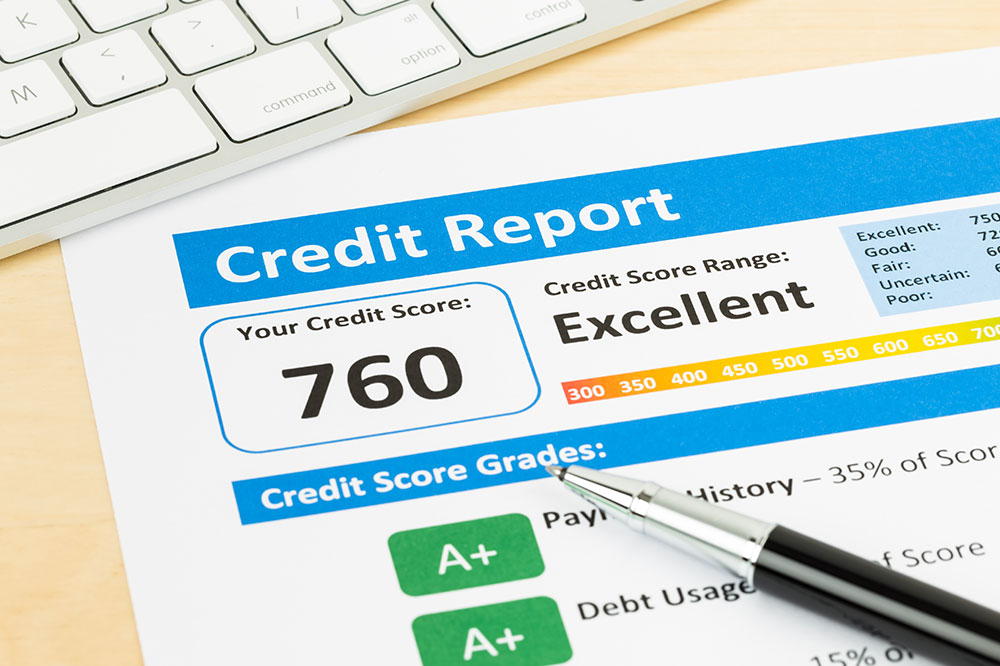
Understanding a credit report and its inclusions
A credit report is a summary or record of the debt repayment history of the borrower from multiple sources. It includes the payment history and all kinds of accounts. In addition, the report has information, which is reported to the credit bureau via creditors and lenders.
Potential lenders and creditors utilize the report as a vital part of the decision-making process to determine whether or not to offer you credit and on what terms. At times, landlords or potential employers might demand access to your credit reports to help them determine whether or not they should provide you with a lease or job.
Inclusions in a credit report
- Personal Information
Firstly, the credit report has your identification information. This includes your full name, date of birth, social security number, and residence address, along with any other address that may have been listed in your credit accounts, past and current employers that you have mentioned on your credit applications, and phone numbers linked to your credit accounts. Additionally, you will have to provide an alternative name that you may have used in any previous credit application, such as your name sans the middle name, nickname, and surname before marriage. - Credit account information
This part of the credit report is meant for creditors and lenders who offer you the credit. It includes information, such as the creditor’s name, date when the account was opened and closed, payment history, account balance, credit amount or limit, and historical and current account, along with the account type, which may be revolving, installment, mortgage, etc. Further, this might not have information on some of your credit accounts. This could be because of various reasons, such as there is no mention of accounts that are not reported to Equifax by creditors. Closed accounts, which have been dropped from the report following a certain period, are also not included. - Credit inquiries
In the credit report, the inquiries are recorded every time an insurer, bank, or lender requests your credit report from any credit bureau. These inquiries are known as hard inquiries. Consecutive hard inquiries negatively affect your credit score. There is also a kind of soft inquiry, which is when you download the credit report yourself for any reason best known to you. Soft inquiries will not influence your credit score, and you can download the report as many times as you like. But, your credit report will have both the hard and the soft credit inquiries that you have made in the last 24 months. - Bankruptcies
At times, individuals end up in a situation when they are forced to file for bankruptcy. Such cases are entered into the public records, and credit bureaus tend to review them. If there is a bankruptcy record in your credit report, it will stay in the report for seven consecutive years. This information will have two details, the date of filing bankruptcy and the chapter or the type of bankruptcy. - Collection accounts
If there are any overdue debts sent to the collection agency, then they will be included in your credit report. It will consist of your credit card overdue, along with the accounts with hospitals, doctors, retail stores, banks, mobile phone providers, cable companies, and others.
Where can you get your credit report?
In America, three credit bureaus hold prime significance, and these include TransUnion, Experian, and Equifax. This trio significantly dominates the market for analysis, collection, and disbursing information regarding the consumers in the credit industry. When you scan through the report from each of these bureaus, you may note that the information listed in each of these reports may be variable. So, if you compare them simultaneously, you will see different balances listed or more inquiries on one report versus the other.




